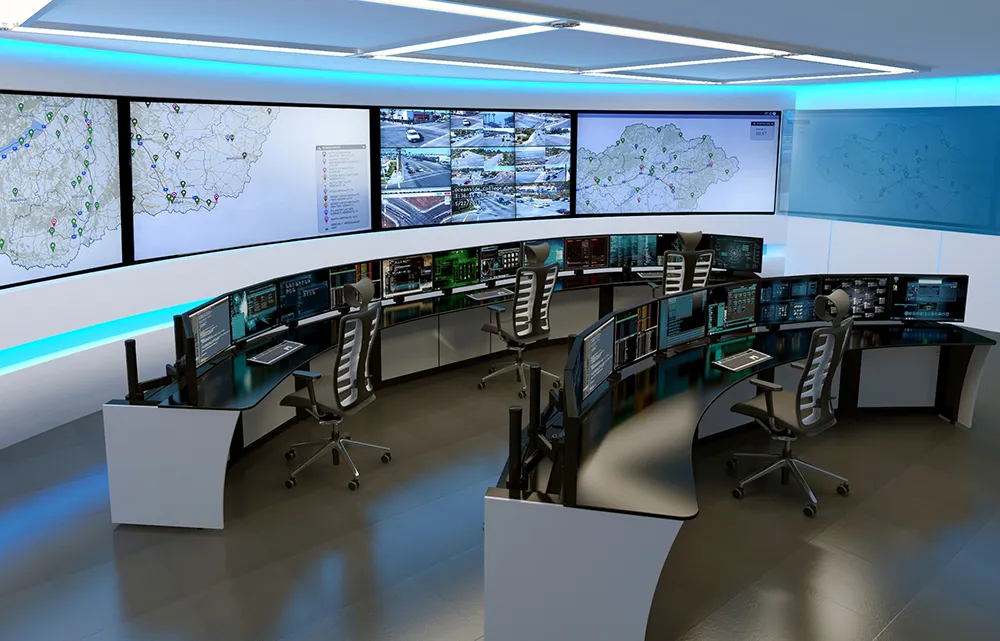The future of mobility…sounds exciting, doesn’t it? But try to define it and you soon find it’s like putting a fence round a cloud. What will it look like? When will we get there? Who decides? And why are we still not wearing jetpacks? Maybe next year.
The Royal College of Art in London does not seem like the most obvious place to look for hard-headed thinking on these things. But it has a long heritage in designing beautiful cars – and it is also home to the Intelligent Mobility Design Centre, which is lo
August 16, 2019
Read time: 2 mins

The future of mobility…sounds exciting, doesn’t it? But try to define it and you soon find it’s like putting a fence round a cloud. What will it look like? When will we get there? Who decides? And why are we still not wearing jetpacks? Maybe next year.
The Royal College of Art in London does not seem like the most obvious place to look for hard-headed thinking on these things. But it has a long heritage in designing beautiful cars – and it is also home to the Intelligent Mobility Design Centre, which is looking at the future of mobility with a very interesting question in mind: how will it make us feel? This is one that we don’t often ask, but it’s central to the success or otherwise of movements such as Mobility as a Service.
For the IMDC, one of the key factors in a transport solution is: how is it going to be better? It can’t just be convenient, it has to be comfortable. It must provide a positive experience, otherwise why make that choice? It would help if it looks good, too.
This could perhaps be described as the ‘softer’ side of ITS, the bit that realises something important: people need to be inspired. For instance, hyperloop has something of a James Bond feel to it, sort of retro cool: who wouldn’t want to be part of that? It may be years away but it’s worth waiting for. Most of the ways that we travel have been around for at least a century already – it’s time for a change.
Whatever you think of driverless cars, they will radically alter our ideas about what a car looks like. If there’s no driver, then we’re all passengers. And if we’re all passengers, then where will we sit – and what will we do?
As I say, exciting. The vision thing is vital – we shouldn’t overlook it. And some of us are still holding out for the jetpacks…
The Royal College of Art in London does not seem like the most obvious place to look for hard-headed thinking on these things. But it has a long heritage in designing beautiful cars – and it is also home to the Intelligent Mobility Design Centre, which is looking at the future of mobility with a very interesting question in mind: how will it make us feel? This is one that we don’t often ask, but it’s central to the success or otherwise of movements such as Mobility as a Service.
For the IMDC, one of the key factors in a transport solution is: how is it going to be better? It can’t just be convenient, it has to be comfortable. It must provide a positive experience, otherwise why make that choice? It would help if it looks good, too.
This could perhaps be described as the ‘softer’ side of ITS, the bit that realises something important: people need to be inspired. For instance, hyperloop has something of a James Bond feel to it, sort of retro cool: who wouldn’t want to be part of that? It may be years away but it’s worth waiting for. Most of the ways that we travel have been around for at least a century already – it’s time for a change.
Whatever you think of driverless cars, they will radically alter our ideas about what a car looks like. If there’s no driver, then we’re all passengers. And if we’re all passengers, then where will we sit – and what will we do?
As I say, exciting. The vision thing is vital – we shouldn’t overlook it. And some of us are still holding out for the jetpacks…









